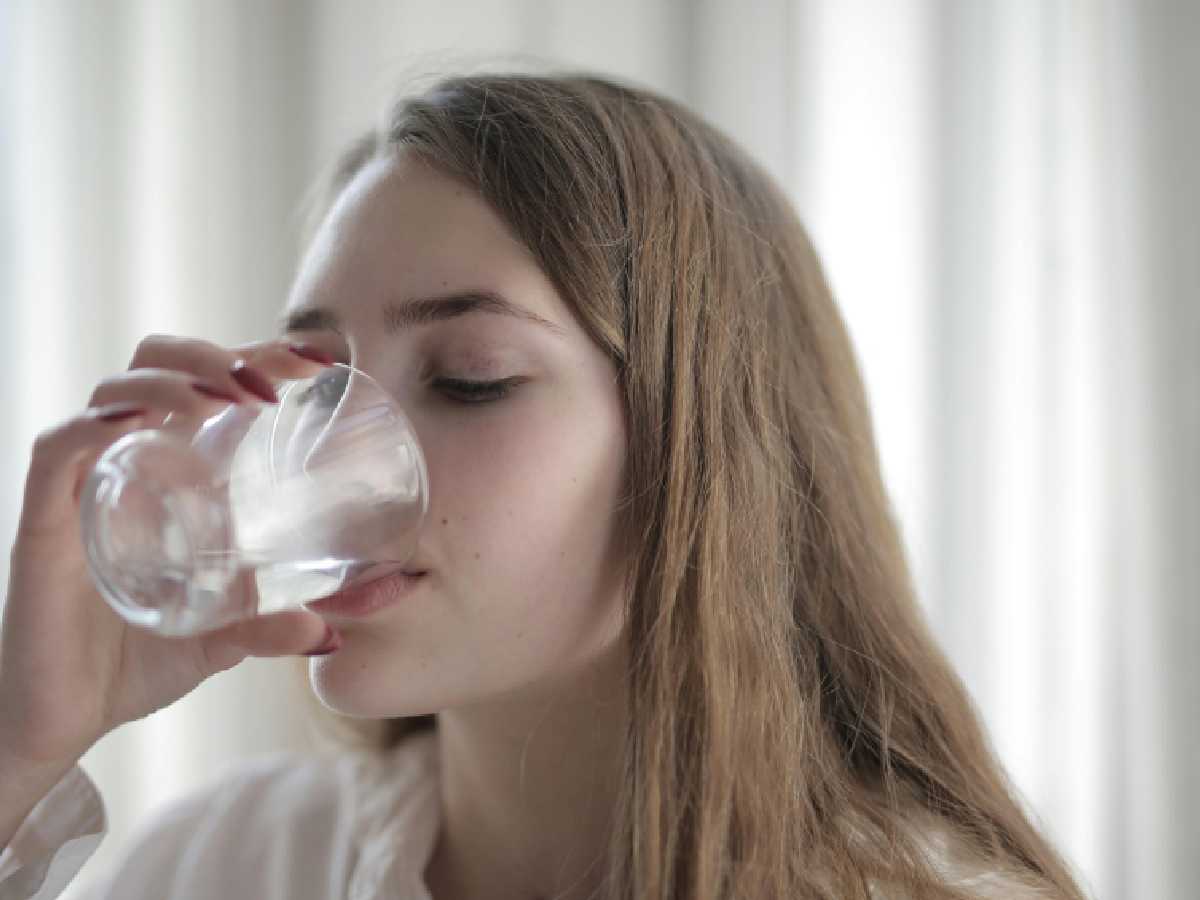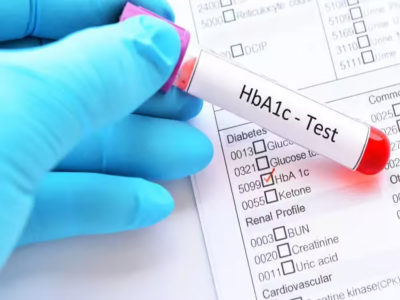National Hydration Day is observed on June 23 every year and serves as a reminder of the importance of staying hydrated, especially during summer, when temperatures in Delhi regularly breach the 45-degree mark.
Dehydration can lead to fatigue, dizziness, headaches, and in severe cases, heatstroke. Doctors suggest taking one glass of water every hour.
Patriot got in touch with two experts – Dr Javaid Iqbal Khan, a physician and haematologist from Khyber Hospital, Srinagar and Priyanka Jaiswal, a dietician from diet2nourish clinic, New Delhi, to understand the benefits of staying hydrated.
Also read: International Yoga Day: A Journey to Wellness
Saves from heart strokes: Dehydration negatively impacts your heart as the lack of water causes a reduction in the blood volume – the amount of blood circulating through the body. Less hydration leads to heart strokes.
Prevents stone formation: Kidney stones form when certain substances in urine, such as calcium, oxalate, and uric acid, become highly concentrated and crystallize. Drinking plenty of water dilutes these substances, making it less likely for crystals to form and thus reducing the risk of kidney stone formation.
Flushes out toxins: Hydration plays a crucial role in maintaining electrolyte balance in the body, including regulating the levels of salts, such as sodium, potassium, chloride, which are essential for various physiological functions. It removes the unnecessary salts from the body. It also helps maintain blood pressure, calories and weight.
Supports skin health: Proper hydration helps maintain skin elasticity and moisture, reducing the risk of dryness and promoting a healthy complexion. Dehydrated skin can sometimes produce more oil to compensate for the lack of moisture. By staying hydrated, you can help maintain a more balanced oil production, reducing acne and breakouts.
Regulates body temperature: Proper hydration helps regulate body temperature through sweating and evaporation. Sweat is primarily composed of water and electrolytes. The evaporation of sweat from the skin helps cool the body. If one is not adequately hydrated, the body may struggle to produce enough sweat to effectively cool down the body, leading to overheating.
Improves blood circulation: Water also helps blood flow around the body and, in doing so, boost circulation. Warm water is thought to be better in this function as chilled water can close up the veins. Dehydration can increase the risk of blood clots due to the thicker consistency of blood. Good hydration helps keep blood flowing smoothly through blood vessels, reducing the risk of clotting.
Also read: Delhi: How a milk bank in Capital is helping save infants’ lives





